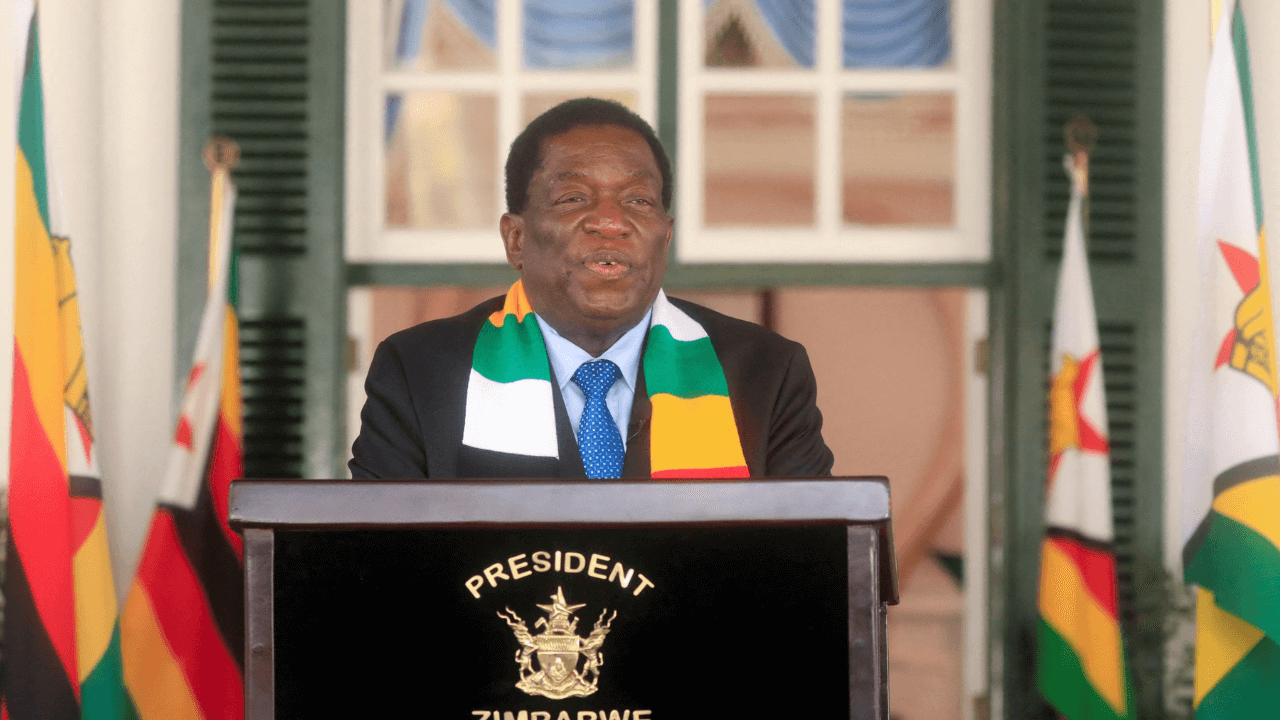Emmerson Mnangagwa secures a second term as Zimbabwe’s leader after winning the presidential election. The Zimbabwe Electoral Commission (ZEC) announced his victory with 52.6% of the vote, while his closest opponent, Nelson Chamisa of the Citizens’ Coalition for Change (CCC), trailed with 44%. This election holds significance as it occurs six years after the removal of long-standing ruler Robert Mugabe through a military coup.
Emmerson Mnangagwa’s Political Journey to Presidency
Born on September 15, 1942, Emmerson Dambudzo Mnangagwa is a prominent Zimbabwean politician who assumed the presidency on November 24, 2017. A loyal member of the Zimbabwe African National Union-Patriotic Front (ZANU-PF) and a close associate of former President Robert Mugabe, Mnangagwa held key ministerial positions and served as Mugabe’s Vice-President until November 2017.
Zanu-PF’s Success and Constitutional Implications
In addition to winning the presidential race, Mnangagwa’s party, ZANU-PF, secured 136 parliamentary seats, while the Citizens’ Coalition for Change (CCC) obtained 73 seats. However, ZANU-PF fell short of achieving a two-thirds majority, which would have allowed them to amend the constitution.
Economic Struggles and Ongoing Food Insecurity
Despite winning a second term, Mnangagwa faces criticism for his economic management. High unemployment and poverty persist in a country that was once a southern African food hub. Despite claims of a bountiful harvest, nearly 3.8 million Zimbabweans are expected to experience food insecurity this year.
- RBI Grade B Previous Year Papers 2018-24, Download Free PDF
- OICL AO Prelims Result 2026 Out, Download Result PDF
- PNB Apprentice Eligibility 2026, State Wise Vacancy
- RRB NTPC UG Application Status 2026 Out, Check Official Link
- PNB Apprentice Cut Off 2026, Check Expected Cut Off

Priti Palit, is an accomplished edtech writer with 4+ years of experience in Regulatory Exams and other multiple government exams. With a passion for education and a keen eye for detail, she has contributed significantly to the field of online learning. Priti’s expertise and dedication continue to empower aspiring individuals in their pursuit of success in government examinations.
